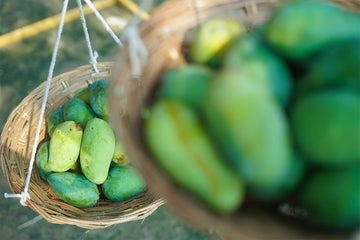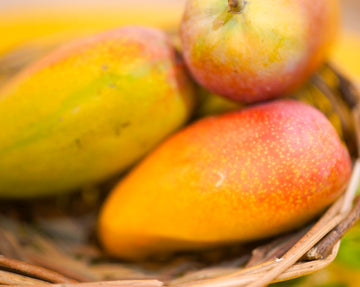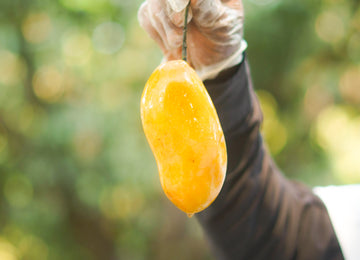
Mangoes, known as the "king of fruits," are beloved for their sweetness, vibrant color, and juicy texture. However, for those living with diabetes, consuming sweet fruits like mangoes often raises concerns about their impact on blood sugar levels. The question arises: can people with diabetes enjoy mangoes without spiking their blood sugar? The answer lies in moderation and understanding the nutritional profile of mangoes.
- Nutritional Overview of Mangoes
Mangoes are nutrient-rich fruits packed with vitamins, minerals, and fiber. They are an excellent source of vitamin C, which supports the immune system, and vitamin A, which promotes healthy vision. Mangoes also contain a range of antioxidants, including beta-carotene and polyphenols, which help combat oxidative stress and inflammation.
However, the key concern for people with diabetes is mangoes' sugar content. A cup of sliced mango contains about 23 grams of sugar and 99 calories, leading many to believe they should avoid it. Despite its sugar content, mangoes also contain fiber, which helps slow the absorption of sugars and supports better blood sugar control.
- Mangoes and the Glycemic Index
The glycemic index (GI) is a measurement used to determine how quickly a food raises blood sugar levels. Foods with a high GI are rapidly digested and absorbed, causing sharp spikes in blood sugar, whereas foods with a low GI release glucose more slowly and steadily.
Mangoes have a moderate GI score of around 51-60, meaning they have a medium impact on blood sugar. This places mangoes in a category where they can be consumed in moderation without causing extreme blood sugar fluctuations. When combined with other low-GI foods or consumed in small portions, mangoes can be a part of a diabetic-friendly diet.
- Portion Control: The Key to Enjoying Mangoes
For individuals with diabetes, portion control is essential when consuming mangoes. While the fruit is naturally sweet, eating it in large quantities can cause blood sugar spikes. It’s recommended that people with diabetes enjoy mangoes in small portions—around half a cup or a few slices at a time.
Pairing mangoes with foods that contain healthy fats, protein, or fiber, such as nuts or yogurt, can help stabilize blood sugar levels. These combinations slow the absorption of sugars into the bloodstream, reducing the likelihood of post-meal glucose spikes.
- Health Benefits for Diabetics
While mangoes contain natural sugars, they also offer several health benefits that can be valuable for people with diabetes. For example, mangoes are rich in fiber, which helps regulate digestion and prevent blood sugar spikes. Fiber also supports weight management, which is crucial for people with type 2 diabetes, as maintaining a healthy weight improves insulin sensitivity.
Moreover, mangoes contain antioxidants like mangiferin, which has been shown to have anti-inflammatory and glucose-lowering properties. Some studies suggest that mangiferin may improve insulin sensitivity, potentially benefiting people with diabetes. However, more research is needed to fully understand its effects.
- Conclusion: Enjoy Mangoes in Moderation
Mangoes can be enjoyed by people with diabetes, but moderation is key. While their natural sugars may raise concerns, their moderate glycemic index and high fiber content make them suitable for controlled consumption. By practicing portion control and pairing mangoes with other healthy foods, individuals with diabetes can savor the sweetness of mangoes without worrying about sharp blood sugar spikes.
As always, it's important to consult with a healthcare provider or nutritionist to develop a personalized plan that aligns with individual health needs. With careful management, mangoes can be a delightful and nutritious addition to a diabetes-friendly diet.




